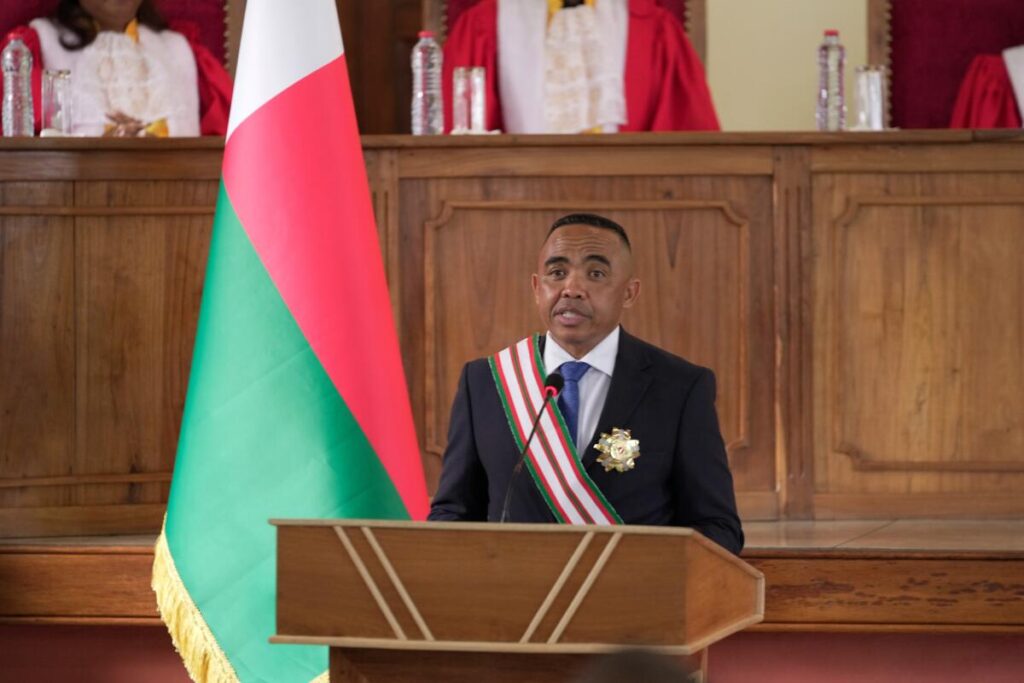
A judge in Belfast has thrown a wrench into the UK government’s controversial plan to deport asylum seekers to Rwanda.The High Court ruled that the policy, enshrined in the Illegal Migration Act, violates human rights protections guaranteed by the Good Friday Agreement in Northern Ireland.
This decision throws a significant roadblock at Prime Minister Rishi Sunak, who vowed to appeal the ruling and press ahead with the scheme. He maintains it’s crucial to deter migrants crossing the English Channel in small boats.
Northern Ireland, like Scotland, has a separate legal system from England and Wales. The Good Friday Agreement, which ended decades of sectarian conflict, guarantees specific human rights in the region. The judge found the deportation plan diminishes these rights, leading to its inapplicability in Northern Ireland.
This isn’t the first hurdle for the Rwanda deportation plan. The UK Supreme Court previously deemed it illegal under international law. However, the government pushed through legislation classifying Rwanda as safe, allowing flights to proceed and overriding some human rights considerations.
The successful legal challenge in Belfast focused on the incompatibility of the Illegal Migration Act with the Windsor Framework, a post-Brexit deal ensuring Northern Ireland’s rights remain protected. The challenge also cited potential violations of the European Convention on Human Rights.
Human rights advocates welcomed the court’s decision, highlighting its protective nature for asylum seekers in Northern Ireland. Pro-Irish unity party Sinn Fein deemed the plan “unworkable” due to these legal issues.
Northern Ireland’s pro-unionist party, while acknowledging the ruling, emphasized the need for a uniform immigration policy across the UK.
The court’s decision presents a major challenge for the UK government. It remains to be seen if the appeal succeeds or if Sunak will be forced to adjust the policy for Northern Ireland. This case also underscores the complexities of managing migration policy within a nation with diverse legal systems and regional agreements.




